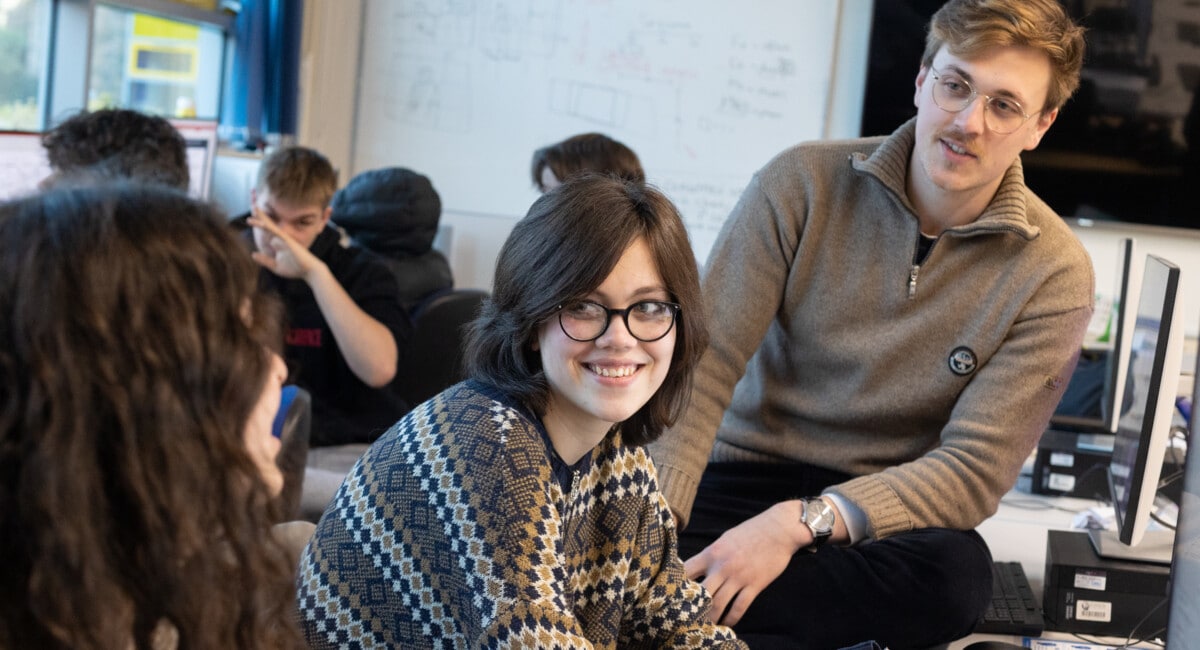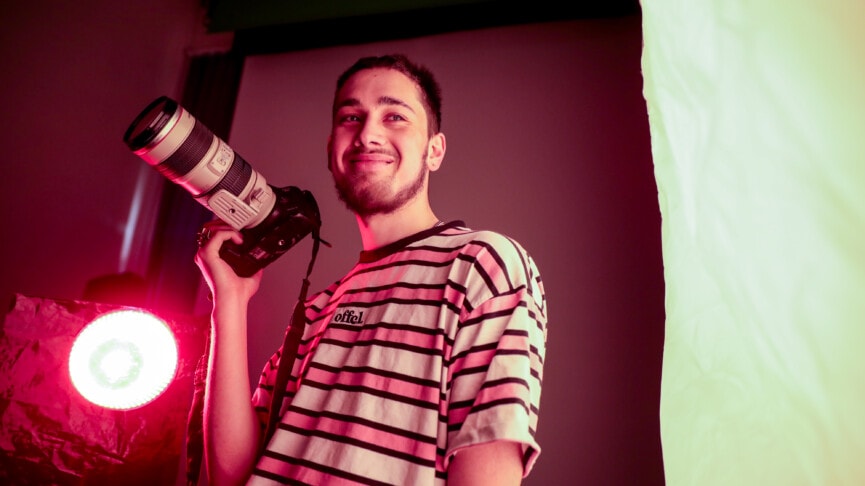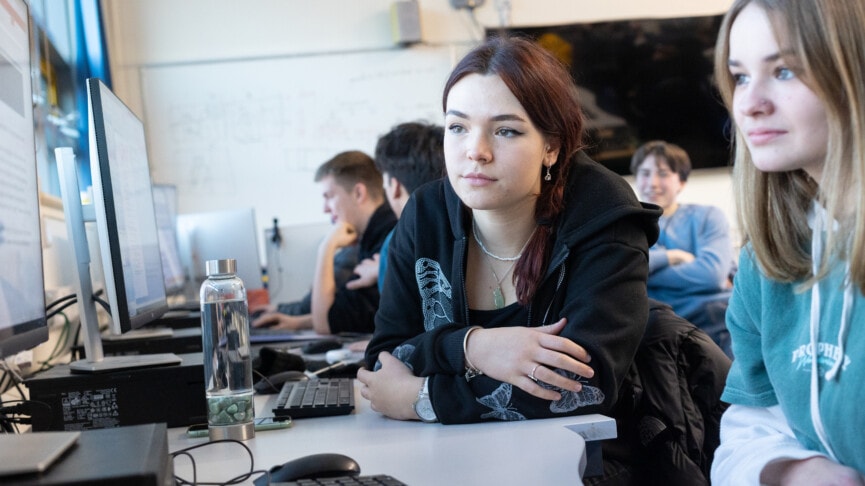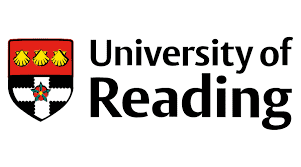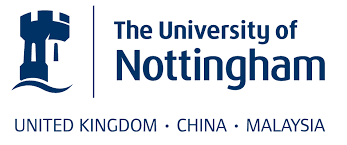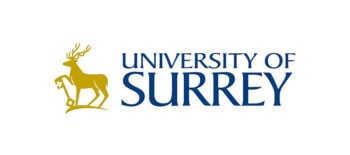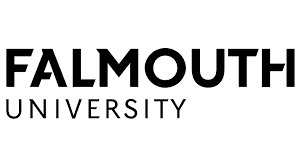Overview
Media Studies A Level is a fascinating course that will help you think about all the media texts that you use in a new and more critical way.
The subject involves the close analysis of the images, sounds and text that we experience via the media and the messages and values that they convey. It is the study of individual media texts (TV programmes, magazines, newspapers, video games, film marketing materials and music videos) and, on a wider scale, you will be required to question how the media impacts upon contemporary society. It also enables you to develop some practical skills applicable to a range of careers. As the specification has been designed in close consultation with industry professionals and academics, it includes a strong theoretical approach.
Entry Requirements
Aside from the general entry requirements that the College requires, you will also need a minimum of:
• Grade 4 in GCSE English Language (as there is the need for you to write analytical essays).
A sound level of creativity is also desirable as there is a strong requirement for creative thinking and application with the coursework production.
Course Details
Media Studies A Level consists of three components:
- Component 1: Media Products, Industries and Audiences
- Component 2: Media Forms and Products in Depth
- Component 3: Cross-Media Production
In the first year you will;
- Learn the skills of textual analysis (Component 1). This will involve deconstructing a wide range of media texts, including set products, in terms of their technical features and how these features are used to create meanings for a range of audiences.
- Explore and debate how different groups are represented in society. For example, how ideas about gender, age, ethnicity and national identities are constructed and the reasons for this.
- Explore media coverage of key contemporary events and issues, learning to question and challenge the messages that you receive. As part of this process you will apply a range of academic theories, in a critical way, to media texts. You will also learn about the historical, social and contexts that impact on the nature of those representations. A key part of the first year of study is also the exploration of audience and industry i.e. how ownership, technological change and the desire to attract and maintain audiences, impacts on media products.
- Begin your coursework (Component 3). This will provide you with the opportunity to show your understanding of the codes and conventions of different media forms, through the practical production of your own coursework materials. This will involve comprehensive research that will inform your designs. The briefs will be set by the exam board each year and might include options like producing a range of marketing materials for a new film, including posters and a podcast, or creating a music video and accompanying promotional magazine pages. In the second year, you will complete Component 3.
In the second year you will;
- Complete Component 2 (exam), which is a study in depth paper.
- Explore the television, magazine and online media industries (including social media and vlogging).
- Study a foreign language text as well as a British one, to compare industry practice and content.
- Compare texts from the 1960s with those produced today, considering industry issues and how messages and values have changed as society has changed. You will also look at the differences between independently produced texts and those produced by larger organisations.
Assessment
Assessment is by two exam papers (worth 70% of the final mark) and a creative coursework component (worth 30% of the final mark).
Subject Combinations
Media Studies is a subject that by its nature requires candidates to consider individual, moral, ethical, social, cultural and contemporary issues. Therefore it combines well with any humanities subject, for example History, English, Politics and Sociology. Students also often take Media Studies with an arts subject, such as Photography.
Students could take Media Studies with Film Studies as, with the new specification, they are notably different. However, both subjects teach critical, textual analysis skills and have creative production elements so you may wish to go for more breadth over your choice of three A Levels. We advise that you speak to a member of the Department for further information, if you are considering this combination.
University Destinations
Media Studies A Level is a highly respected qualification, with 90% of our students progressing onto university.
Here are some typical university destinations that our Media Studies A Level students go on to. Click on a destination to see some examples of courses they have taken;

University of Sussex
Typical courses: Music Technology / Accounting and Finance / International Relations / Criminology and Sociology / Media and Communications / Business and Management Studies / International Relations
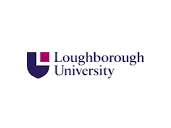
Loughborough University
Typical courses: History and International Relations / Graphic Design (with placement year)
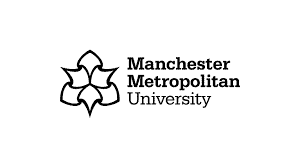
Manchester Metropolitan University
Typical courses: Film and Media Studies / Multimedia Journalism / Fashion Business and Management
Careers
With regard to progression, this course does not guarantee a career in the media industry, but many students do go on to read media or film degrees at university. It also provides a good analytical and creative A Level which would support other subjects for university entry. Students who have studied Media Studies A Level have gone on to study a wide variety of degree subjects and some have gone on to apprenticeships.
FAQs
Why should I take Media Studies A Level?
Take a look around you now. How many images can you see? How many media images have you engaged with today? We now live in a world which is dominated by media, where we are constantly bombarded with images that people are using to make sense of, and gain an understanding of, the world. A Media Studies A Level will teach you how to become an educated consumer and understand how these media tech companies work and shape the world around us.
What skills will I need and develop on this course?
You will be encouraged to engage with a wide range of texts, developing skills of observation, critical analysis and personal reflection. You will need to feel confident with academic writing (essays) but we will help you to develop your skills further. You will also develop creative and practical skills, including: desktop publishing, video making and editing. You will also develop independent research skills. Please note that this is not just a practical course; it requires you to think, question and challenge ideas.
What is the difference between Media Studies, Film A Level and BTEC Media courses?
Whilst Media Studies A Level looks at a range of media texts including music videos, radio, TV programmes, webpages and advertising, Film Studies A Level focuses purely on the study of films and requires a passion for watching a range of texts including black and white, independent and foreign language films.
However both involve a theoretical and practical element. To study Media Studies, you need to be engaged with a range of media texts or be interested to learn about different media industries. With Film Studies, it is essential that you are prepared to watch a diverse range of films from different cultures and time periods. Both Film and Media Studies encompass practical elements, with a 70% exam / 30% coursework ratio.
We offer two BTEC Media Courses; The Digital Film and Video Production BTEC is a single BTEC equivalent to one A Level; The Film and Television Production BTEC is a double course and equivalent to two A Levels. The focus in BTEC Media courses is the acquisition of professional media skills which are theoretically underpinned and this is a ‘hands on’, practical course. The dominant learning paradigm of BTECs is to ‘learn by doing’. The sharpest contrast between the two courses lies in the assessment of work.
